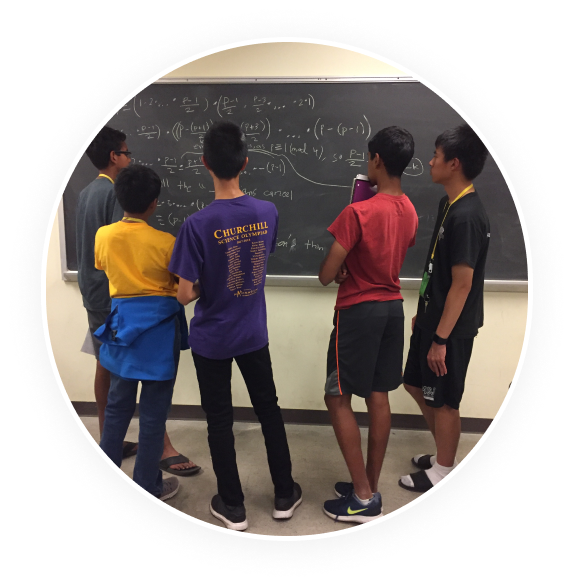Cluster 1
Linear Algebra and Discrete Math
Instructor:
Abhinav Krishna Jha, PhD student
UCSC Department of Mathematics
Sam Johnson, PhD student
UCSC Department of Mathematics
Prerequisite: Algebra 1 or equivalent.
Preferred: Two years of high school mathematics.
Summary: The main goal of our cluster is exploration. At this point in your education you’ve likely seen the rudiments of mathematics (basic algebra, pre-calculus, maybe even some Calculus, Linear Algebra, and Differential equations!) If all of mathematics were a house (or maybe a Hilbert Hotel?), then I would humbly suggest that this is akin to just having come through the door and having only seen the foyer. These courses will be a nice survey of some of the rooms in this house that are familiar to what you have already learned and some that are brand new with new tools and new ways of thinking! By the end of our journey, while we can not show you every room in the house, we hope to leave you with an appreciation of how much math there really is, and be inspired to search out more rooms (or even build some yourself!)
Problem solving in mathematics is very important, and we will spend time in class solving and presenting interesting problems. As a famous mathematician, Paul Halmos, once said, “The only way to learn mathematics, is to do mathematics!”
All students in this cluster will be enrolled in the following courses:

Linear Algebra
Discrete Math: Infinity, Graph Theory, and Cryptography
This course will serve as an introduction to three topics, highlighting different ways of thinking and doing mathematics. The first topic is infinity, where the notions of sets and functions will be introduced. Infinity, being a difficult concept to fully grasp gives a taste of abstraction in mathematics, and the discussion of sets introduces language that will be used the rest of the course. After infinity, we will come down to Earth and learn some graph theory, beginning with the famous problem from the 1700s of the seven bridges of Konigsberg. Graph theory has a more geometric approach and flavor, being a subject that one can literally see. Finally the last part will be an introduction to cryptography. Using the concepts learned from the number theory course (which is the other course offered in this cluster), an introduction to public key cryptography will be given, including a discussion of the RSA algorithm. This part of the course has an algorithmic and real world applications feeling to it.
Along with introducing the topics mentioned, many mathematical problems and puzzles will be given throughout the course. Problem solving in mathematics is very important, and we will spend time in class solving and presenting interesting problems. As a famous mathematician, Paul Halmos, once said, “The only way to learn mathematics, is to do mathematics!”



